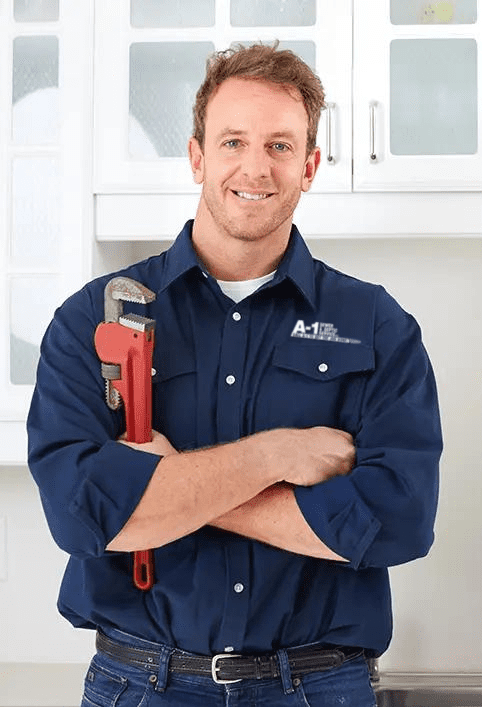
If your home relies on natural gas, take a few minutes to read our gas safety tips so you can reduce the risk of experiencing a dangerous natural gas accident.
Which Appliances Run on Natural Gas?
As the homeowner, it’s important that you know which appliances in your home run on natural gas. Generally, the appliances that run on gas, include:
- Ovens
- Furnaces
- Clothes dryers
- Stovetop ranges
- Water heaters
Stove ranges, water heaters, ovens and clothes dryers can either be gas or electric. If you determine that your home operates these appliances on gas, and not electric, next you’ll want to find out where the gas appliance shutoff valves are located.
Usually, a gas appliance will have a valve that allows you to shut off the flow of gas to that specific appliance. In some instances, it’s enough to simply shut off the gas at the appliance’s shutoff valve if the appliance needs to be serviced or replaced or if you have a gas leak.
If you don’t already, we recommend having gas appliance shutoff valves for each of your gas appliances so you can turn off the gas going to that appliance if there is a leak, instead of having to shut off all the gas to your home at the main gas shutoff valve.
When You Suspect a Gas Leak
Natural gas is odorless, thus, utility companies add a rotten egg, sulfur-like odor so people can detect natural gas leaks. If you notice a foul odor or hear a whistling or roaring sound coming from a specific appliance, such as the stove, or from beneath the ground, these may be warning signs of a natural gas leak.
Gas is highly flammable and can be deadly when inhaled in large amounts, so in some cases, a natural gas leak in the home can endanger the occupants due to the risk of carbon monoxide poisoning or an explosion.
If you suspect a natural gas leak:
- Do not use a cell phone, flashlight, light switch, match, or turn on your vehicle (for example, in a garage) until you have left the house and are a safe distance from the home as these can be sources of ignition and lead to an explosion.
- Alert everyone in the home and exit the building immediately.
- Call 911 for emergency assistance, then call your gas utility company.
In order to make your residence safer, we recommend installing a carbon monoxide alarm in your home. These devices continuously monitor the levels of carbon monoxide in the air and if it reaches dangerous levels, they sound an alarm.
However, you don’t want to rely entirely on carbon monoxide alarms. They should not be a replacement for proper maintenance of all fuel-burning appliances in the home.
To learn more about preventing natural gas leaks in your home, contact the Kansas City plumbers at A-1 Sewer & Septic Service Inc. today!



